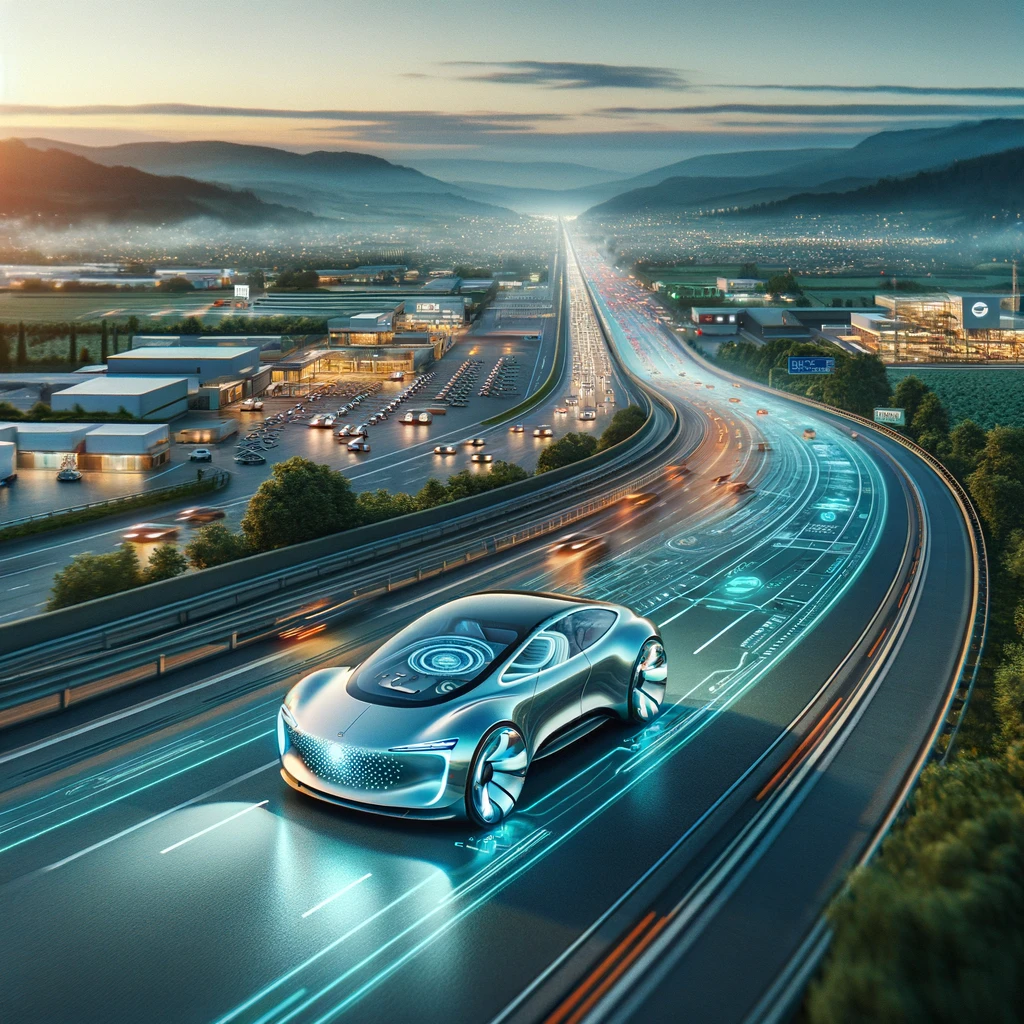The car of tomorrow: transforming mobility for a sustainable future.

As we advance into the 21st century, the automotive industry stands at the cusp of a radical transformation. Vehicles are becoming more digital, more service-oriented, more shared, and importantly, more environmentally friendly. These changes herald a new era for personal transport, driven by both technological innovation and a pressing need to reduce environmental impact.
Technological evolution and environmental responsibility.
Historically, the car has undergone continuous improvement, becoming safer, faster, and more reliable. In the past, enhancements focused on performance, safety, and comfort. Today, the imperative is different—cars must be sustainable. The climate crisis has forced manufacturers to rethink their approach, leading to significant innovations in electric vehicles (EVs) and a shift away from traditional combustion engines.
Electrification, once deemed unfeasible, is now at the heart of the industry’s evolution. It is redefining standards and setting new benchmarks for clean mobility. But the transformation doesn’t stop at electric engines; it extends into the very fabric of automotive manufacturing.
Sustainable manufacturing: a core objective.
By mid-century, the environmental footprint of car manufacturing will have dramatically shifted. Not only are emissions during vehicle operation being minimized, but the entire lifecycle of a vehicle is being scrutinized—from production to disposal. Traditional materials like metal and plastic, which cause long-term environmental damage, are being replaced by sustainable alternatives.
For instance, in 2022, Renault made headlines with its Scenic Vision concept car, which utilized 70% recycled materials. Similarly, Volkswagen announced that 95% of the components in its new models could be recycled. These initiatives reflect a broader industry trend towards sustainability that extends beyond mere CO2 emissions.
The digital drive: connectivity and automation.
Alongside environmental changes, digital technology is transforming how we interact with our vehicles. Future cars will not only be electric but also highly connected and autonomous. They will integrate seamlessly with smart city infrastructures, communicating with traffic systems and other vehicles to optimize safety and efficiency.
Emerging technologies such as vehicle-to-vehicle (V2V) communication and advanced sensor arrays are making cars smarter. These technologies enhance navigation, improve traffic management, and increase safety by enabling cars to autonomously respond to road conditions and potential hazards.
Mobility as a service: a new paradigm.
The concept of car ownership is evolving. The future points towards ‘Mobility as a Service’ (MaaS), where cars are shared rather than owned. Estimates suggest that by 2025, car-sharing users worldwide could quintuple from 2015 levels. This shift is expected to significantly reduce urban congestion and pollution, making cities more livable.
Vehicles will become more than just a means of transport; they will be a service summoned via an app, ready to drive autonomously to their destination. This model not only promises enhanced efficiency but also a substantial reduction in carbon emissions.
A vision of the future.
By the middle of the 21st century, the typical car will be unrecognizable compared to today’s models. It will be a clean, autonomous, connected module that is part of a broader, sustainable urban ecosystem. This transformation is not just about changing how we drive but about rethinking our relationship with personal mobility in alignment with broader environmental and societal goals.
In essence, the car of tomorrow encapsulates a promise—a promise of a cleaner, smarter, and more inclusive world. As these vehicles become the norm, they will play a pivotal role in shaping our future urban environments, making them more sustainable and more humane.

